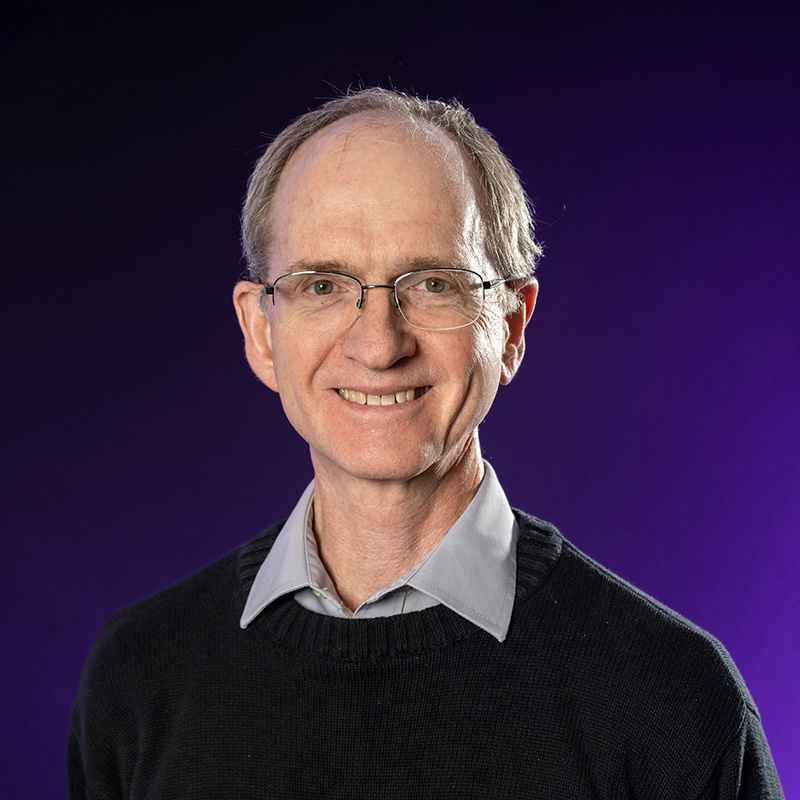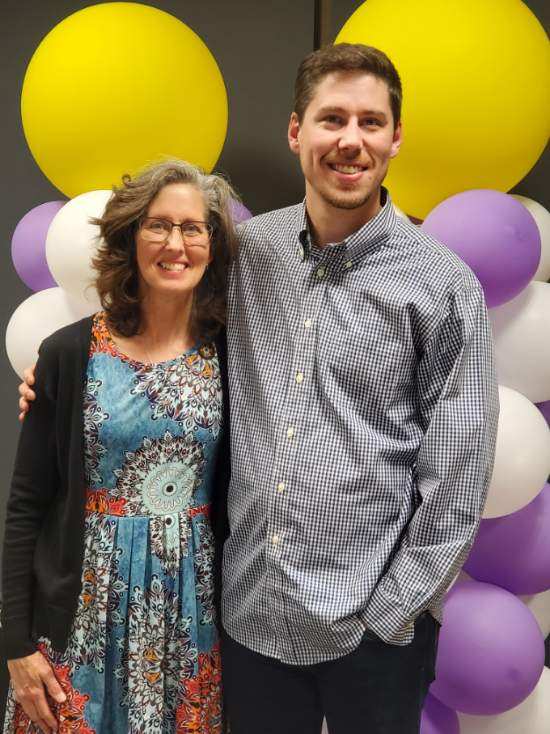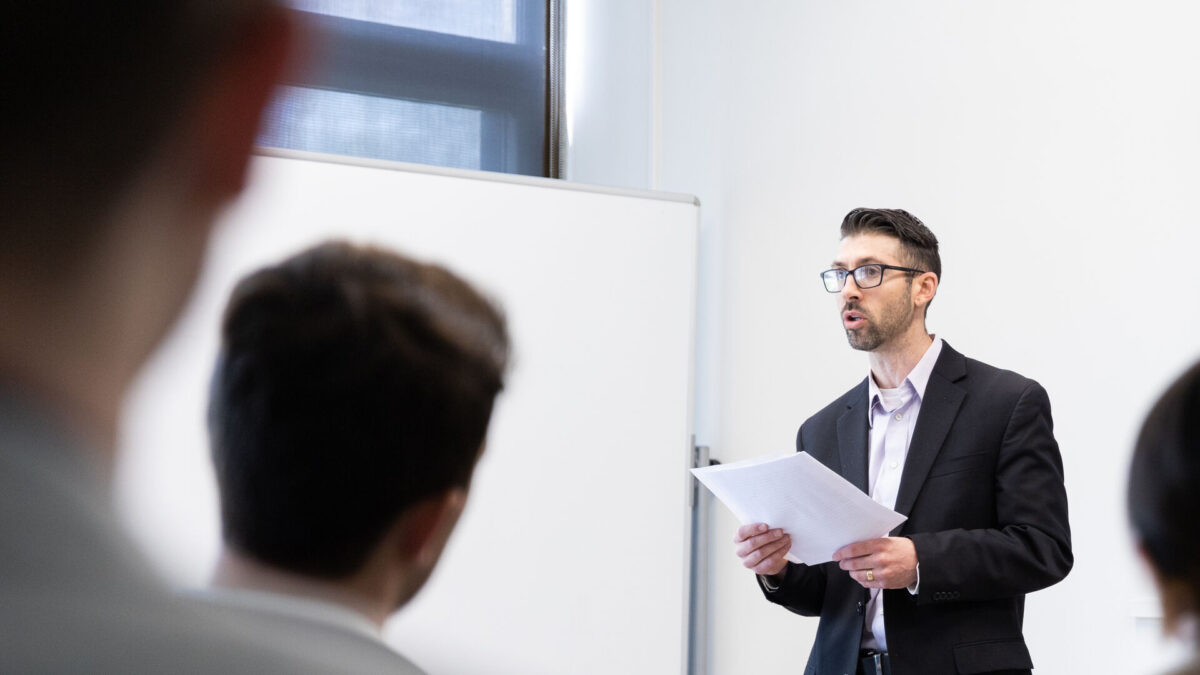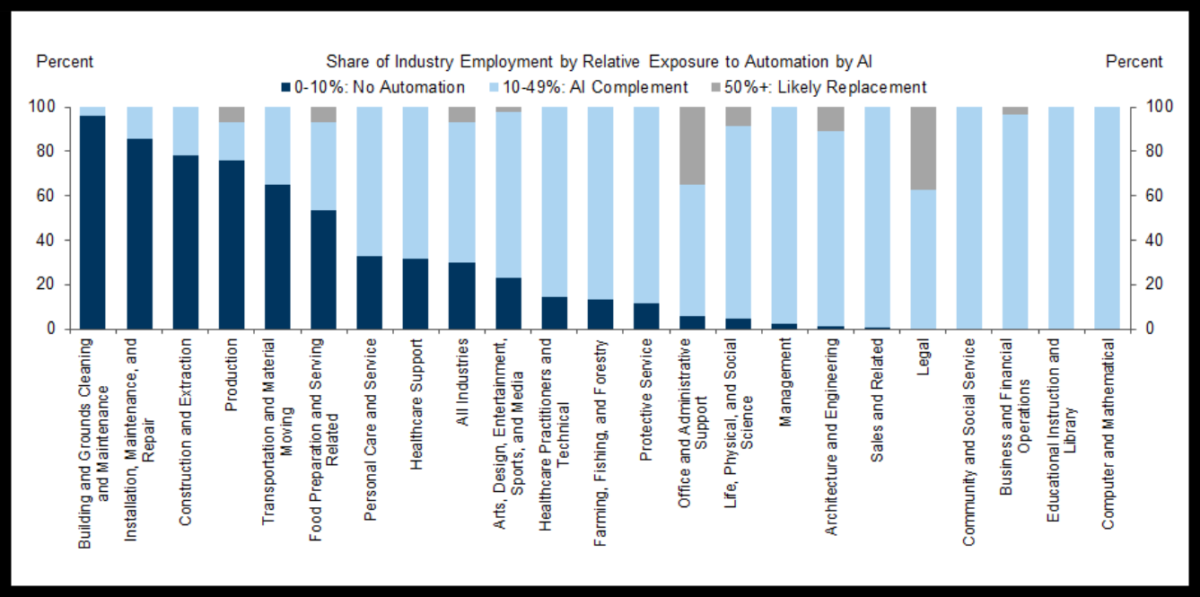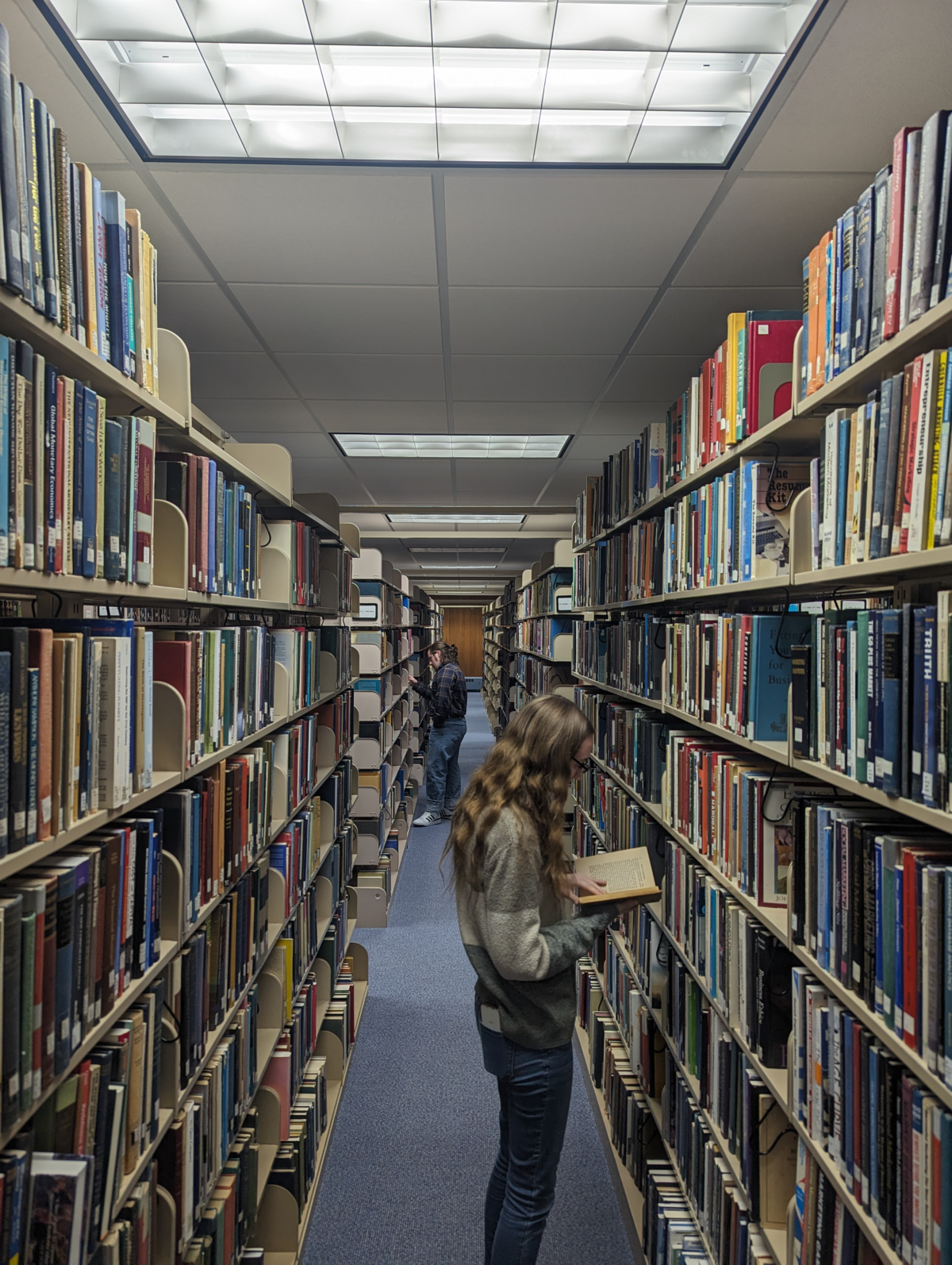By Abigail Bates ('26)
Dr. Marcus Dean is a professor of Global Studies, and the Director of Off-Campus Studies at Houghton University.
Before coming to Houghton, Professor Dean and his family were Wesleyan missionaries. At the time, Professor Dean pursued his Ph.D. in Intercultural Studies with the expectation that he would use it in Latin America, however he decided to teach college courses instead.
Growing up in the Wesleyan Church, Professor Dean had always known about Houghton, but it wasn’t until his hunt for a teaching position that he became involved in the community. In 2003, Professor Dean joined Houghton’s faculty.
“At first I taught Spanish and worked with Off-Campus studies,” Professor Dean stated, “but soon moved more into the classes I am teaching now, in the areas of Intercultural Studies and Missions.”
Off-Campus Studies Assistant, Karen Hotchkiss first met Professor Dean just before she interviewed for the assistant position.
“He has worked tirelessly to make sure there are study abroad opportunities for our students,” Hotchkiss said. “He’s very knowledgeable and works with students to make sure they find a good fit for their passions.”
Professor Peter Meilaender—the Dean of Religion, Humanities and Global Studies, and a professor of Political Science—has worked together with Professor Dean for a long time, in a number of contexts: in the Off-Campus Studies office when taking students abroad, reviewing International Development majors’ senior capstone projects (along with Dr. Oakerson) and developing the new Global Studies major.
“His background in missions gives him a perspective that most of us lack in trying to understand different cultures,” Professor Meilaender remarked, “and many Houghton students have benefited from his experience over the years.”
Professor Meilaender commented that Professor Dean has worked hard to give students opportunities to travel and engage in other cultures, even as enrollment in the program dropped over the past few decades.
“But Dr. Dean,” Professor Meilaender said, “despite these challenges, has remained committed to helping students understand, engage, and travel the world.”
In both the last academic year (2022-2023) and this current year (2023-2024), Professor Dean has worked tirelessly, helping students complete their requirements in the discontinued Intercultural Studies and International Development majors.
“Dr. Dean puts in long hours on behalf of his students,” Professor Meilaender added. “He is in his office more than most faculty and is always available to students.”
Professor Dean has always enjoyed teaching, especially in the work he does to inform students about different cultures. He hopes that by sharing his experiences of living in other parts of the world, his students will be able to meaningfully interact with our increasingly diverse world and touch the lives of people facing cultural differences. To make choices, thinking, “How can we be like Christ?”
“It is interesting that we really don’t know how what we do will [eventually] end up,” Professor Dean contemplated. “My first year here, I had a student in class [Dr. Klejment-Lavin, who] has been on the mission field, now has his doctorate, is a college professor, and will be the speaker Monday April 22nd for the Chamberlain Missions Lecture … teaching really is about the long term, but today matters so that students engage for the long term.”
In his years of teaching, Professor Dean has learned alongside students in order to continue connecting with them. He enjoys exploring new topics and areas students are interested in, and applying that knowledge in future conversations.
Julia Collins (‘26) describes Professor Dean as a good professor who has a lot of knowledge in addition to personal experience.
“The most important thing I’ve learned from him,” Collins said, “is that Christians need to be tolerant towards other cultures. It is important to treat everyone with love and respect.”
Professor Dean’s classes have been described by students as informative, interesting, organized, and students know what to expect from him.
“His teaching style is organized and foreseeable,” Chesnie Waddingham (‘26) said. “He follows a set schedule when assignments are due … I like it because it’s nice to know what to expect, and I can trust nothing is going to sneak up on me to do [later]. I think he does it this way for the benefit of the students. It prevents a lot of stress for us.”
Waddingham described Professor Dean’s lectures as being calm and incorporating group discussion and interactions about one to two times a class.
“I love Marcus Dean,” Waddingham declared. “He is very approachable, and cares deeply for his students and what he is teaching us. I appreciate [his] comforting classroom atmosphere, and I know that his office door is always open if I need anything.”
Waddingham explained that one of the biggest things she’s learned from Professor Dean is the practice of considering her assumptions and beliefs about the world, while aligning her reflections with scripture.
“He encourages all of us to see the world through the lens of the Bible, and it’s a beautiful and powerful thing,” Waddingham reflected.
Looking towards the future, Professor Dean said, “We always look forward to understanding what God has next. Before we came here, we had no idea what would be next. Yet I am now finishing my 21st year at Houghton! I need to remind myself that I can look forward to what God will do.” ★

